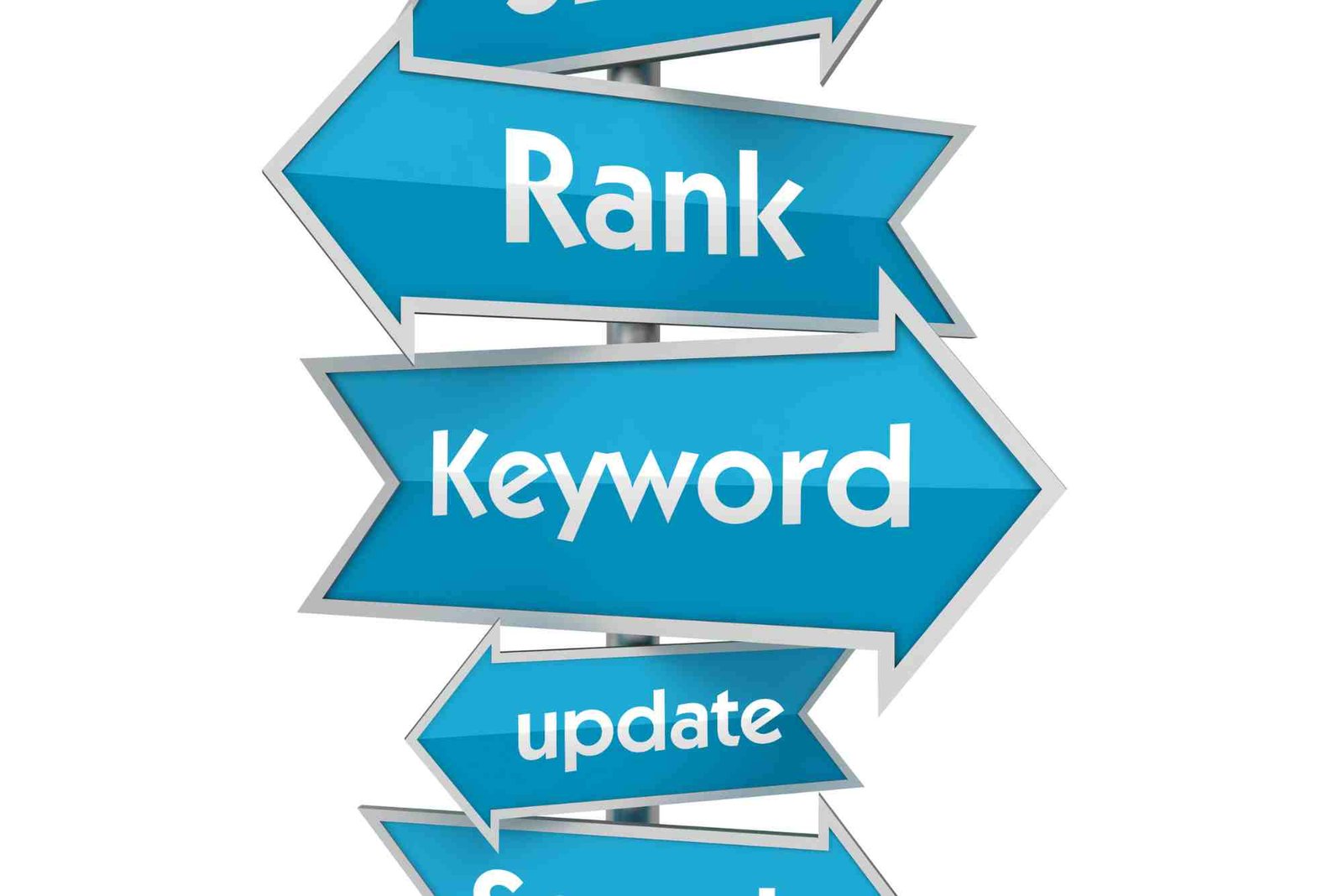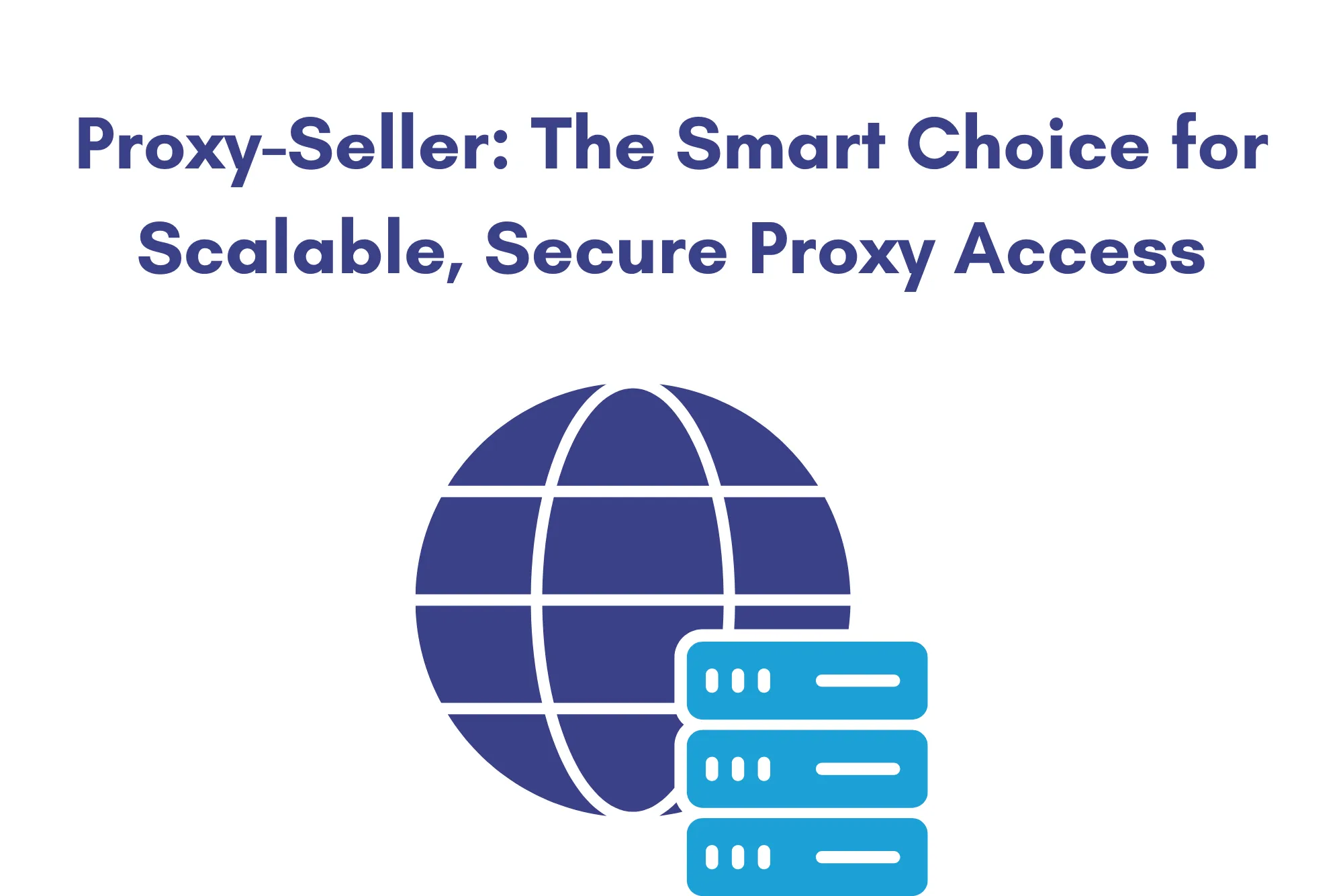Business Car Loans A Comprehensive Guide
When running a business, having reliable transportation is crucial. Whether it’s for daily operations or client meetings, a company vehicle is often necessary. However, purchasing a vehicle outright can be a significant financial burden. That’s where business car loans come in. These loans are designed to help business owners secure the financing they need to buy a car for their company. In this article, we’ll explore what a business car loan is, how it works, and how you can secure one.
What is a Business Car Loan?
A business car loan is a type of financing specifically designed for business owners who need a vehicle for their company operations. These loans typically allow businesses to borrow the amount needed to purchase a car and then repay it over time, usually with interest.
The primary advantage of taking out a business car loan is that it enables businesses to acquire a vehicle without needing to pay the full amount upfront. This is especially beneficial for small to medium-sized businesses looking to expand their fleet or upgrade their existing vehicles.
How Does a Business Car Loan Work?
Business car loans generally work in the same way as personal car loans. The lender provides the business with the funds necessary to purchase the vehicle, and the business repays the loan over a set period. The terms of the loan, including the interest rate, repayment period, and any fees, vary depending on the lender and the financial situation of the business.
Business owners can either apply for a secured or unsecured loan. A secured loan is backed by the vehicle itself, meaning the lender can repossess the car if the business defaults on the loan. An unsecured loan does not require collateral but may come with higher interest rates due to the increased risk for the lender.
Key Factors to Consider Before Applying for a Business Car Loan
Your Business Credit Score
Just like personal loans, your business credit score plays a crucial role in determining your eligibility for a business car loan. Lenders use your credit score to assess the risk of lending to your business. A higher credit score can result in more favorable terms, such as lower interest rates and longer repayment periods.
Loan Amount and Vehicle Cost
Before applying for a loan, determine how much you need to borrow based on the cost of the vehicle you plan to purchase. The loan amount will likely depend on the price of the car and your down payment. A larger down payment may reduce the amount you need to borrow and can potentially help you secure better loan terms.
Interest Rates
Interest rates are one of the most important factors to consider when taking out any loan. For business car loans, interest rates can vary depending on the lender, your credit score, and the type of loan you are applying for. Always shop around to compare rates and find the best deal for your business.
Repayment Terms
Consider the repayment terms offered by different lenders. A longer repayment period may lower your monthly payments but could result in paying more interest over time. On the other hand, a shorter repayment period means higher monthly payments but less interest paid overall.
The Benefits of a Business Car Loan
- Improved Cash Flow: A business car loan allows you to purchase a vehicle without depleting your business’s cash reserves.
- Tax Benefits: In some cases, the interest paid on a business car loan may be tax-deductible, reducing your overall tax liability.
- Build Business Credit: Timely repayment of your business car loan can help establish or improve your business’s credit score.
How to Secure a Business Car Loan
Securing a business car loan involves several steps. Here’s what you need to do to improve your chances of approval:
- Check Your Credit: Before applying, check both your personal and business credit scores. Lenders will often look at your business credit score to determine the loan terms.
- Determine Your Budget: Know how much you can afford to borrow and repay each month. Be realistic about the vehicle you need and its cost.
- Gather Documentation: Prepare necessary documents, such as your business financial statements, tax returns, and any other information the lender requires.
- Choose a Lender: Research different lenders, including banks, credit unions, and online lenders. Compare their interest rates, terms, and requirements before making a decision.
- Submit Your Application: Once you’ve selected a lender, submit your application and provide all the required documents. Be sure to fill out the application accurately to avoid delays.
A business car loan can be a valuable tool for acquiring a vehicle without disrupting your cash flow. By understanding the factors that affect your loan approval and comparing your options, you can secure financing that works for your business. Whether you need a single vehicle or are expanding your fleet, taking out a business car loan can help your company grow and succeed.
FAQs
What is the difference between a business car loan and a personal car loan?
A business car loan is for purchasing vehicles used for business purposes, whereas a personal car loan is for personal use. Business loans may offer different terms and conditions.
Can I get a business car loan with bad credit?
It’s possible, but your loan may come with higher interest rates or require collateral. Lenders may be more cautious when offering loans to businesses with poor credit.
How much of a down payment is required for a business car loan?
The down payment requirement varies by lender, but it typically ranges from 10% to 30% of the vehicle’s cost. A higher down payment can improve your loan terms.
Can I use a business car loan for a used vehicle?
Yes, many lenders offer business car loans for both new and used vehicles, though loan terms may differ for used cars.



